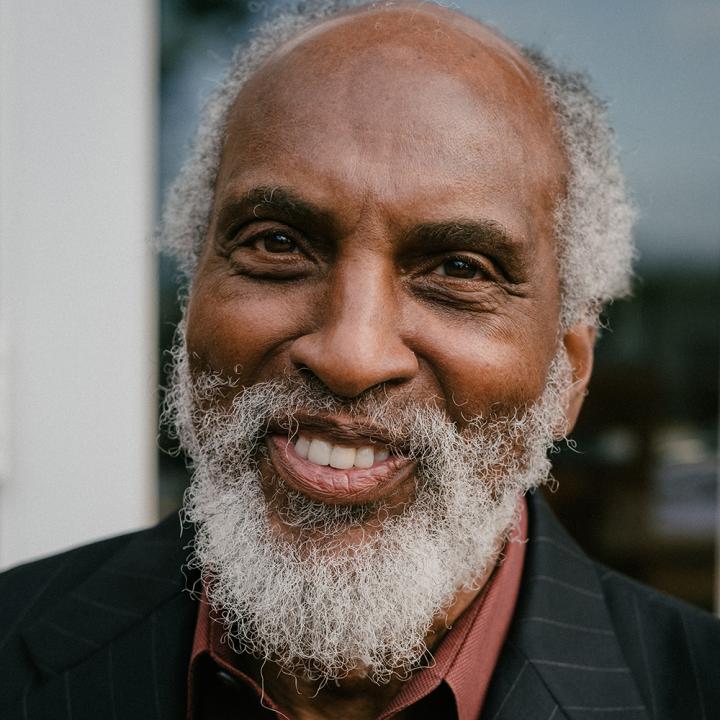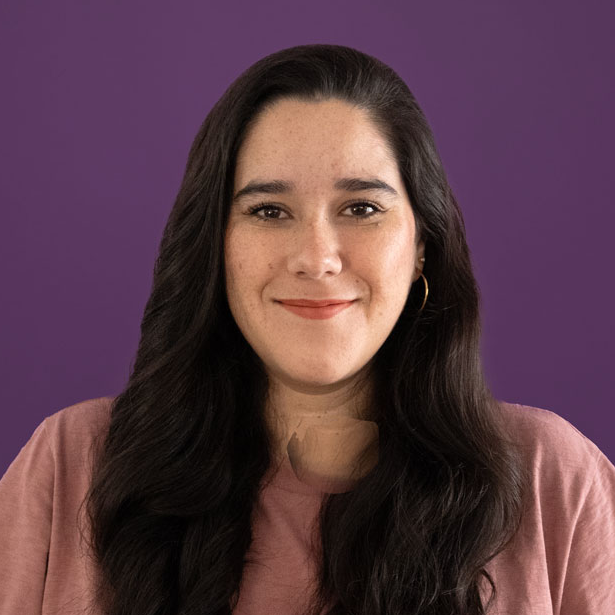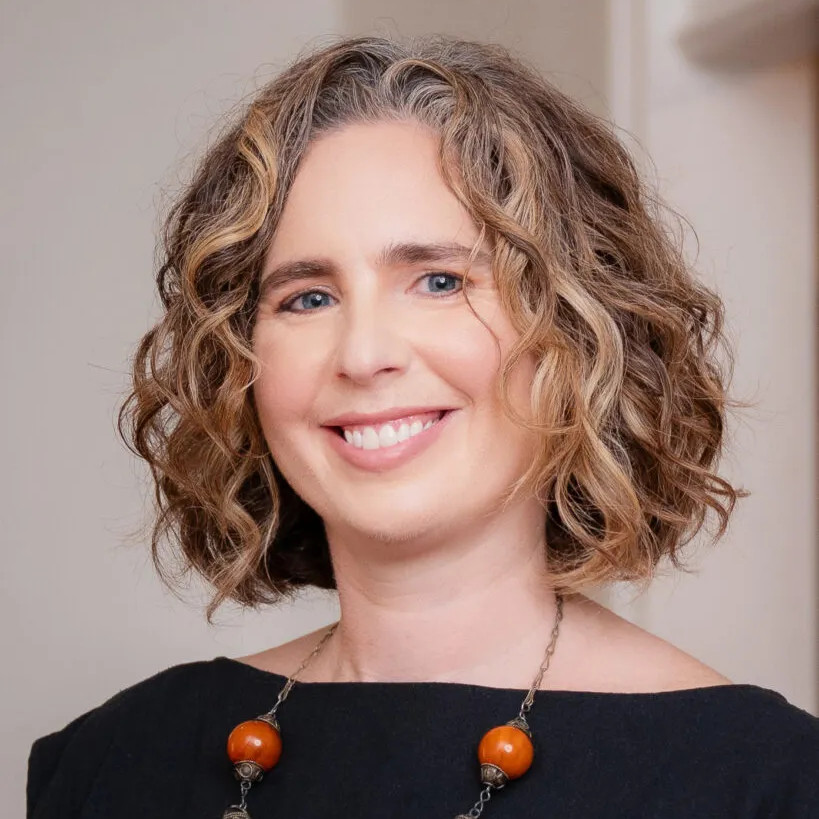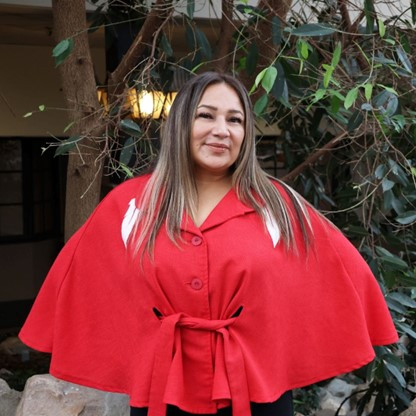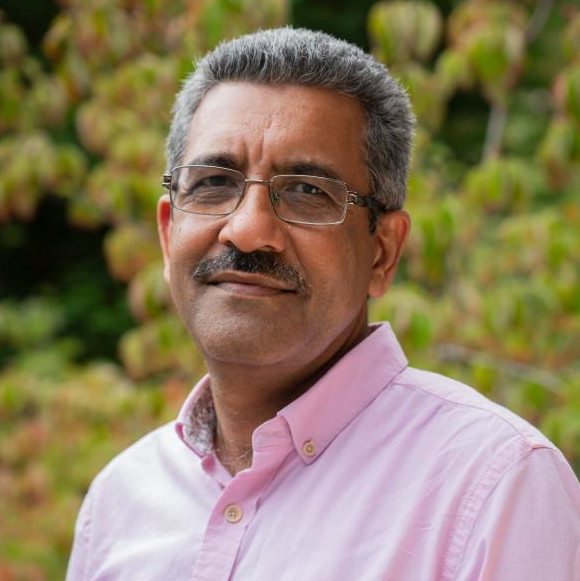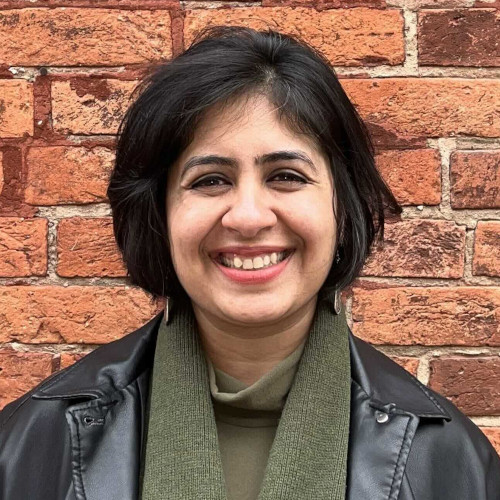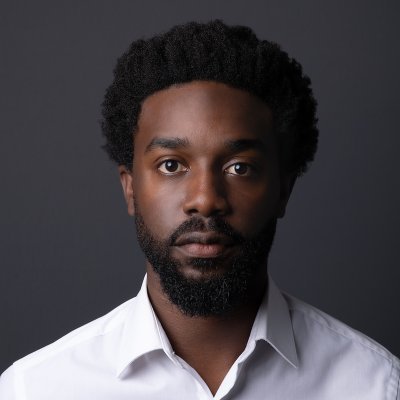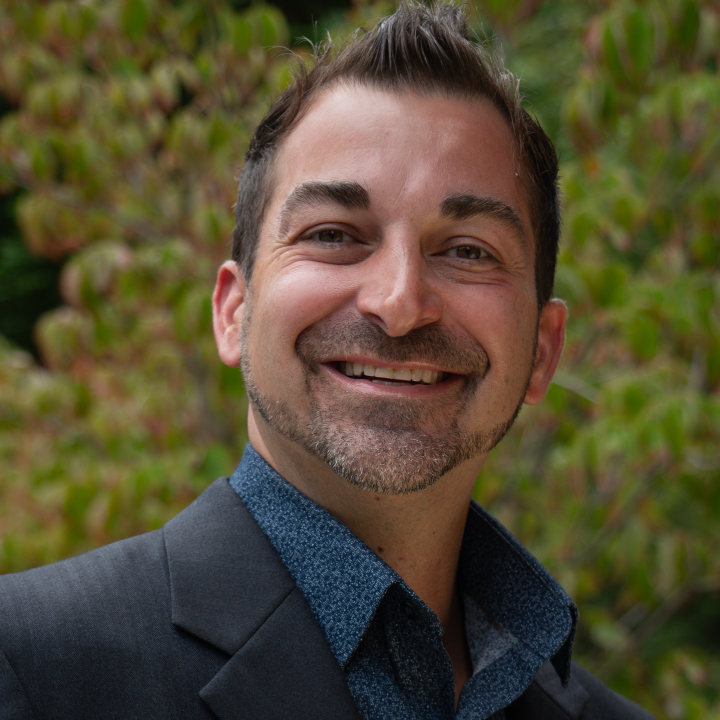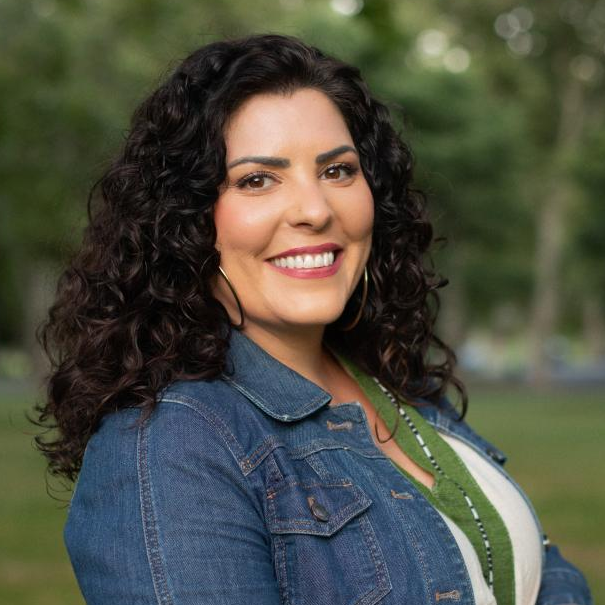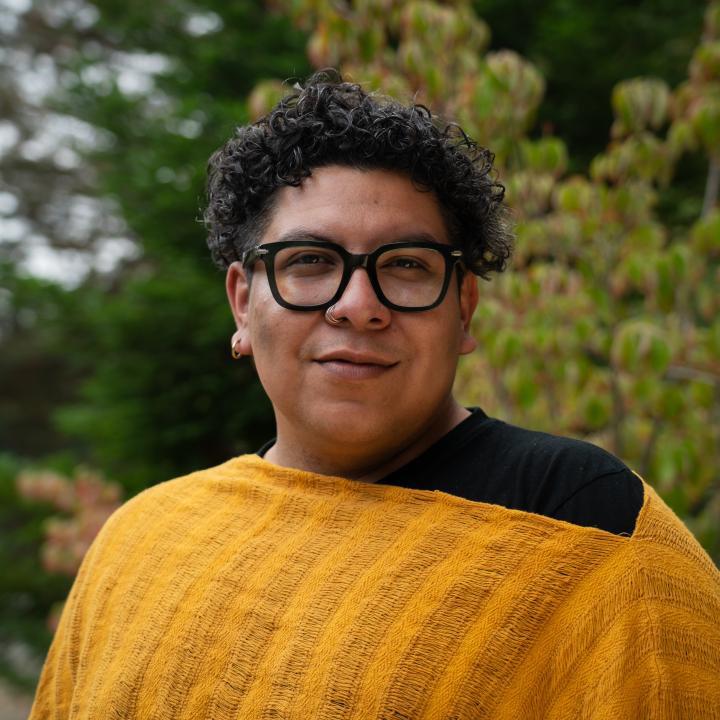About #NAED25
- Event description
-
Equity-centered data is the foundation for creating a more inclusive and just society, ensuring that data collection, analysis, and decision-making processes include the needs of historically marginalized groups when setting goals for strong and inclusive communities. By focusing on equity, this approach actively seeks to uncover disparities and by amplifying the voices of those most affected by systemic inequalities, help build structures that ensure everybody thrives. Data—objective, measurable, and actionable—serves as a powerful tool to guide and refine these efforts.
What if we leverage the power of data not only to expose inequities but also to cultivate a sense of belonging? Belonging is a potent force—one that fosters connection, recognition, inclusion, and agency, especially in a world increasingly fractured along social and economic divides, and is profoundly influenced by societal systems and structures. By analyzing data that reveals inequities within these systems, we can understand where and how disparities persist, and we can design tailored solutions that meet the specific needs of the most marginalized, ultimately fostering a more inclusive society for everyone. Collectively, we can identify opportunities for targeted interventions to uplift marginalized communities that have experienced historical othering, address disparities by setting universal goals, and reimagine a society where everyone feels a true sense of belonging.
The North American Equity Data Convening (#NAED25) brought together researchers, practitioners, and institutions from across Canada, the United States, and Mexico to explore how data can advance social equity and belonging. Together, we’ll share practices, confront challenges, and showcase the transformative impact of data-driven approaches in addressing common social issues.
With the rise of right-wing authoritarianism worldwide and movements aimed at building both literal and figurative walls between neighbors in North America, access to equity data and the tools to mobilize it have never been more critical. Let’s talk about equity data—and the future it can help us shape!
- Who was the event designed for?
-
This convening would benefit people and organizations working with data to address social equity issues, especially, but not limited, for these folks:
- Researchers and Academics
- Nonprofit and Community Leaders
- Policy Makers Data Practitioners
- Corporate Social Responsibility (CSR) Professionals
- Social Impact Innovators Equity and Inclusion Advocates
- Students and Emerging Leaders
- Anyone who might be interested in using the power of data and analysis to build a more inclusive and just society
- What did the event feature?
-
- Engaging Panel Discussions: Hear from experts across North America on how data is being used to address social equity challenges.
- Insightful Case Studies: Learn about real-world applications of data to identify disparities, advance belonging, and drive systemic change.
- Collaborative Networking Opportunities: Connect with like-minded researchers, practitioners, and leaders dedicated to creating a more equitable society.
- Actionable Strategies and Tools: Discover data-driven methods and frameworks that can be applied to your own work.
- Interactive Q&A Sessions: Engage with panelists and ask questions tailored to your interests and challenges.
- A Platform for Co-Creation: Participate in discussions to share ideas, insights, and solutions for leveraging data in social impact efforts.
- Regional and Cross-Border Perspectives: Gain a comprehensive view of equity-related data practices in Canada, the United States, and Mexico.
- See all presentations in one place
-
Click below to download files from each speaker's presentations. The files are in PowerPoint or PDF format.
- Panel 1: Harnessing Data for Social Justice
- Monica Meltis — Datos para la vida
- Lauren Klein — The Possibilities of Harnessing Data to Work Towards Justice in the Landscape of AI
- Adiba Hasan — From Data to Belonging: Citizenship and Immigration in Canada
- Panel 2: Innovating Equity Solutions with Data
- Rachel Wuttunee — Indigenous Data and Equity
- Máximo Jaramillo — Fighting inequality narratives with data
- Samir Gambhir — OBI’s data projects and impacts
- Panel 3: Navigating Challenges in Equity Data
- Robert-Paul Juster — Sex & Gender Considerations in Stress & Health-Equity Research
- Ellis Simani —How Journalists Tell Stories with Data
- Sofía Ramírez Aguilar — Índice de Progreso Social 2024: Historia contadas con datos 2015-2023
- Panel 1: Harnessing Data for Social Justice
Agenda & Speakers
All times listed in Pacific Time (PT)- 9:45-10am PT | Introduction to #NAED25, with john a. powell
-
OBI Director john a. powell opened the North American Equity Data Convening by framing our gathering within the broader context of the attacks on equity, pluralism, and democratic institutions taking place not just on our continent, but across the world. What is driving the far right movements that were once on the fringe, but have seen their popularity surge in recent years? And what does data have to do with it? powell addressed this phenomenon and suggest combining data with story telling to envision a future in which everyone belongs.
Speaker
john a. powell is an internationally recognized expert in the areas of civil rights, civil liberties, structural racism, housing, poverty, and democracy. He is the Director of the Othering & Belonging Institute at the University of California, Berkeley, a research institute that brings together scholars, community advocates, communicators, and policymakers to identify and eliminate the barriers to an inclusive, just, and sustainable society and to create transformative change toward a more equitable world.
- 10-11:30am | Panel 1: Harnessing Data for Social Justice
-
Data is a powerful tool in the struggle for a more just world. The systematic gathering and analysis of information from public records, testimonials, surveys and questionnaires – to name only some of the many possible sources – afford a variety of opportunities. Data gives us greater purchase on understanding the injustices and inequalities we face in the present and throughout history; data gives us a means of tracking progress (or lack thereof) in the wake of social movements and policy interventions; and it points the way towards a better future. But data is not a neutral category and making data is not a neutral act. What choices must we make in the effort to transform raw information into data, and data into insights? How can we use emerging AI tools ethically and in service of the common good? How do we make such choices with an eye toward a future where everyone belongs?
Speakers:
Monica Meltis is the executive director of Data Civica in Mexico, where she has promoted research projects related to the use of statistics for pattern recognition in the identification of clandestine graves in Mexico, as well as on serious human rights violations and documentation of missing persons cases, among others. She has dedicated her professional career to public health, violence, disappearances, femicides, and violence against women, as well as the use of technological tools and statistics for social justice.
Click here to download Meltis' presentation slides in PowerPoint format.
Lauren Klein is Winship Distinguished Research Professor and Associate Professor in the departments of Quantitative Theory & Methods and English at Emory University. She also serves as director of the Emory Digital Humanities Lab and PI of the Mellon-funded Atlanta Interdisciplinary AI Network. Before moving to Emory, she taught in the School of Literature, Media, and Communication at Georgia Tech. Klein’s research brings together computational and critical methods in order to explore questions of gender, race, and justice.
Click here to download Klein's presentation slides in PowerPoint format.
Adiba Hasan is a Bangladeshi, born and reared in the United Arab Emirates, and currently works with the Institute for Canadian Citizenship, exploring the impacts of immigration and Canadian citizenship. Before moving to Canada, she was a research fellow at the Othering and Belonging Institute, focusing on the impact of racial anxiety on voting behaviour. Working in the realms of immigration and inclusion has been a core element in her academic and professional journey.
Click here to download Hasan's presentation slides in PDF format.
Hilda Landrove (moderator) is a Cuban researcher, essayist, and cultural promoter based in Mexico. She has spent years working in social and cultural entrepreneurship, and more recently in academic research on political anthropology. She holds a PhD in Mesoamerican Studies from the National Autonomous University of Mexico (UNAM). Her main areas of research include political action in closed contexts, the political movements of Amerindian peoples, and the dynamics of power and counterpower through narrative disputes in the public sphere. She is a professor at the Monterrey Institute of Technology (Querétaro campus). She hosts and coordinates the podcast Caminero.
- 12-1:30pm | Panel 2: Innovating Equity Solutions with Data
-
Turning data insights into action requires tangible, measurable efforts that can drive positive change. Such efforts, though, have their fair share of complexities, including communicating the immediate and long-term potential impact of data work. What kinds of audiences do we normally have and what kinds of audiences do we need to envision? What kinds of impacts have we achieved through this work and what role should we play in shaping those impacts?
Speakers:
Rachel Wuttunee is the Senior Manager for Urban Indigenous Relations. She is an Anishinaabek from Kitchenuhmaykoosib, a Bear Clan member, and currently works on the traditional lands of the Musqueam, Squamish, and Tsleil-Waututh peoples. With 20 years of experience in Indigenous rights, human rights, and environmental activism, she holds a Bachelor’s in First Nations Studies and a Master’s in Community and Regional Planning, specializing in Indigenous Community Planning.
Click here to download Wuttunee's presentation slides in Powerpoint format.
Máximo Jaramillo is an academic and political activist, proudly from eastern Guadalajara, Mexico, fighting against inequality and the myth of meritocracy. He is Associate Professor at CUCSH, University of Guadalajara and is the Co-founder of Institute of Studies on Inequality (INDESIG), based in Mexico. Currently, his work is focused on fiscal justice and taxes analysis in Latin America, inequality in the access to affordable and adequate housing in Mexico, access to health and education, and labour conditions of delivery app workers.
Click here to download Jaramillo's presentation slides in Powerpoint format.
Samir Gambhir is the Director of the Equity Metrics Program at the Othering and Belonging Institute where he engages in and oversees projects in the area of fair housing, zoning reform, racial residential segregation, opportunity mapping, and racial equity and inclusion. His work involves conducting empirical research, presenting analytics, developing diagnostic tools and providing policy recommendations on issues of housing, education, environment and many more with a social justice lens. Samir's research interests focus on empirical analysis, spatial modeling and data visualization to highlight inequity, marginalization and othering, and to promote diversity, equity, inclusion and belonging.
Click here to download Gambhir's presentation slides in Powerpoint format.
Amanat Khullar (moderator), Neuro-inclusion advocate and communications expert based in Toronto. She currently leads Content and Communications at EmpowerBx, a social impact organization dedicated to supporting neurodivergent individuals, caregivers, educators, and professionals through compassionate behaviour science. Born and raised in India, Amanat brings over a decade of experience in journalism and communications, with a focus on gender, human rights, and inclusive policy advocacy.
- 1:45-3:15pm | Panel 3: Navigating Challenges in Equity Data
-
In our increasingly data-dependent world, the demands of working with equity data have become increasingly complex and subject to rapid change. There are many challenges researchers, analysts and scholars deal with in their quest for knowledge – rescinding access to disaggregated data, misuse of digital tools, and skepticism of data-based outcomes. What do the near-term and long-term futures of equity data look like? What options do we have for finding and collecting data in the face of hostile forces both within and outside of the state?
Speakers:
Robert-Paul Juster is an assistant professor at the Department of Psychiatry and Addictology for the Faculty of Medicine at the University of Montreal. He is also chairholder of the Sex and Gender Science Chairs and the director of the research laboratory on sex, gender, allostasis and resilience (CESAR). Researcher in neuroscience, his work is mainly about the study of chronic stress considering the effects of gender, sex, sexual orientation, and gender identity.
Click here to download Juster's presentation slides in Powerpoint format.
Sofía Ramírez Aguilar works to close wage gaps and ensure opportunities for all people, for gender equality, minority rights and to build a better environment. She holds a Master's degree in Economics from the Instituto Tecnológico Autónomo de México (ITAM) and was Deputy Director of Applied Research at Mexicanos Contra la Corrupción y la Impunidad, where she specialized in the anti-corruption agenda, in favor of transparency and accountability. Since October 2020, she has been Managing Director of México, ¿cómo vamos?
Click here to download Aguilar's presentation slides in Powerpoint format.
Ellis Simani is a data journalist whose work pairs quantitative analysis with traditional investigative reporting techniques. He often covers stories at the intersection of money and power and is interested in data and documents that reveal abuse or fraud. His recent work for ProPublica has interrogated the ways that nonprofit organizations raise and spend their money. He's also investigated the stock trading of the wealthiest Americans.
Click here to download Simani's presentation slides in Powerpoint format.
Stephen Menendian (moderator), is the Assistant Director and Director of Research at the Othering & Belonging Institute, where he supervises or leads many important initiatives, including projects advising state, local, and federal housing authorities. Stephen is the author of many scholarly publications and journal articles, including the landmark books Structural Racism: The Dynamics of Opportunity and Race in America and Belonging Without Othering: How We Save Ourselves and the World (with john a. powell) from Stanford University Press.
- 3:15-3:30pm | Closing reflections and pathways forward, with Ashlin Malouf
-
OBI Deputy Director Ashlin Malouf closed our convening with some reflections on what was discussed in terms of the equity issues our continent is grappling with, the barriers we're facing, but also the opportunities to collaborate, across our communities and geographies, to overcome these challenges and build an equitable and fair world.
Speaker
Ashlin Malouf is the Deputy Director of Strategy and Program at the Othering and Belonging Institute. She is driven by the growth and development of people, teams, and systems. Whether in the role of mediator, community organizer, coach, executive director, or chief of staff, she has led by inviting people into liberatory practices of dialogue, bridging, authenticity, and power building. From her experience, when courageous conversation, storytelling, vulnerability, and self-reflection are paired with concrete and coordinated strategies, progress is made.
Meet our emcee
Our convening was emceed by our very own, multi-talented Jose Richard Aviles. Jose is a Transportation Analyst and Arts and Culture Strategy Lead for the Othering & Belonging Institute. As part of the Community Power and Policy Partnerships team, they support government agencies and partners with community organizations by providing trainings, technical assistance, and evaluation support centering lived experience, vision, and self-determination of the communities most impacted by transit inequities.
